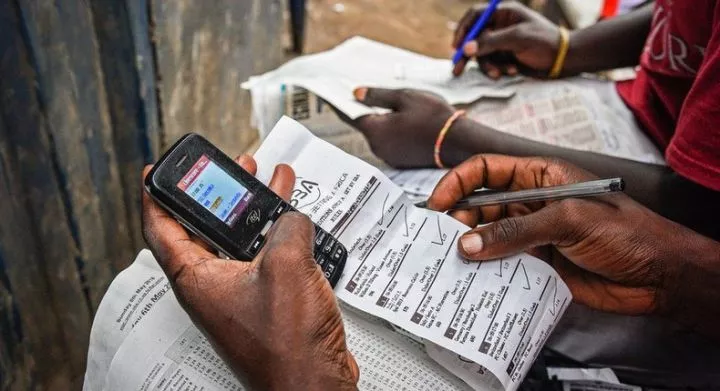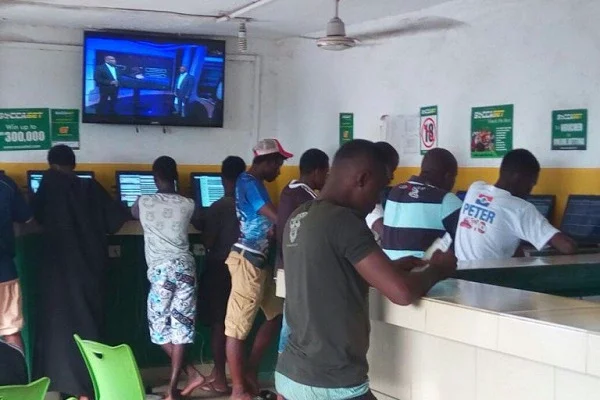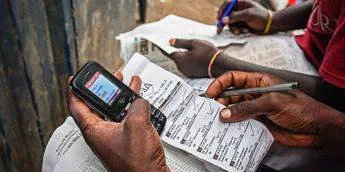
The sports betting market in Africa is huge with many dedicated end-users who spend a considerable amount on different platforms which may be online or offline.
The industry has grown significantly from offline betting shops to a host of online betting platforms with the increased internet adoption in the continent. According to DataBridge Market Research, mobile devices generated approximately 70% of online betting revenue in 2020, showing the huge effect internet-enabled gadgets have in the betting industry.
Africa's population of over 1.3 billion makes it an ideal investment destination for betting businesses and according to Statista, the online gambling market in Africa is projected to hit $1.85 billion by the end of 2024, with a projected annual growth rate (CAGR) of 6.28% from 2024 to 2028.
South Africa and Nigeria currently hold the largest betting market share in Africa with other countries towing behind. The African betting industry is defined in terms of countries which have the biggest market shares and countries which have the largest number of gamblers.
According to Slotegrator.com, South Africa, Nigeria and Kenya are the three largest gambling markets in Africa. This, however, does not translate to having the largest number of sports gamblers on the continent.
This survey report by Geopoll was conducted in March 2024 among users spread across Ghana, Nigeria, Kenya, South Africa, Tanzania, and Uganda using the GeoPoll mobile app. The table below shows the percentage of respondents who subscribed to betting and the percentage of individuals who said they don't bet.
| 1 | Kenya | 82.81 | 17.19 |
| 2 | South Africa | 73.94 | 26.06 |
| 3 | Ghana | 73.03 | 26.97 |
| 4 | Uganda | 71.43 | 28.57 |
| 5 | Tanzania | 71.13 | 28.87 |
| 6 | Nigeria | 65.32 | 34.68 |
Kenya led other African countries as it recorded the highest number of respondents who agreed to betting. This was followed by South Africa and Ghana. The survey also shows that the most popular betting sport was football with over 76.53% admitting to tow towards the sport. This was followed by Casino with 9.69% then other sports with 5.14%.
Governments have however raised concerns about the future of the betting industry despite its huge contribution to economies in Africa. The fears about the future of betting in Africa are tied to its influence on its dedicated end-users made up mostly of youths and people with no feasible means of income.
African countries, therefore, have been encouraged to set aside laws to regulate the betting industry which mandates betting sites and shops to obtain licenses before operation. This aims to stop any form of exploitation or illegal operations that may put user's lives and income at risk.

















Comments